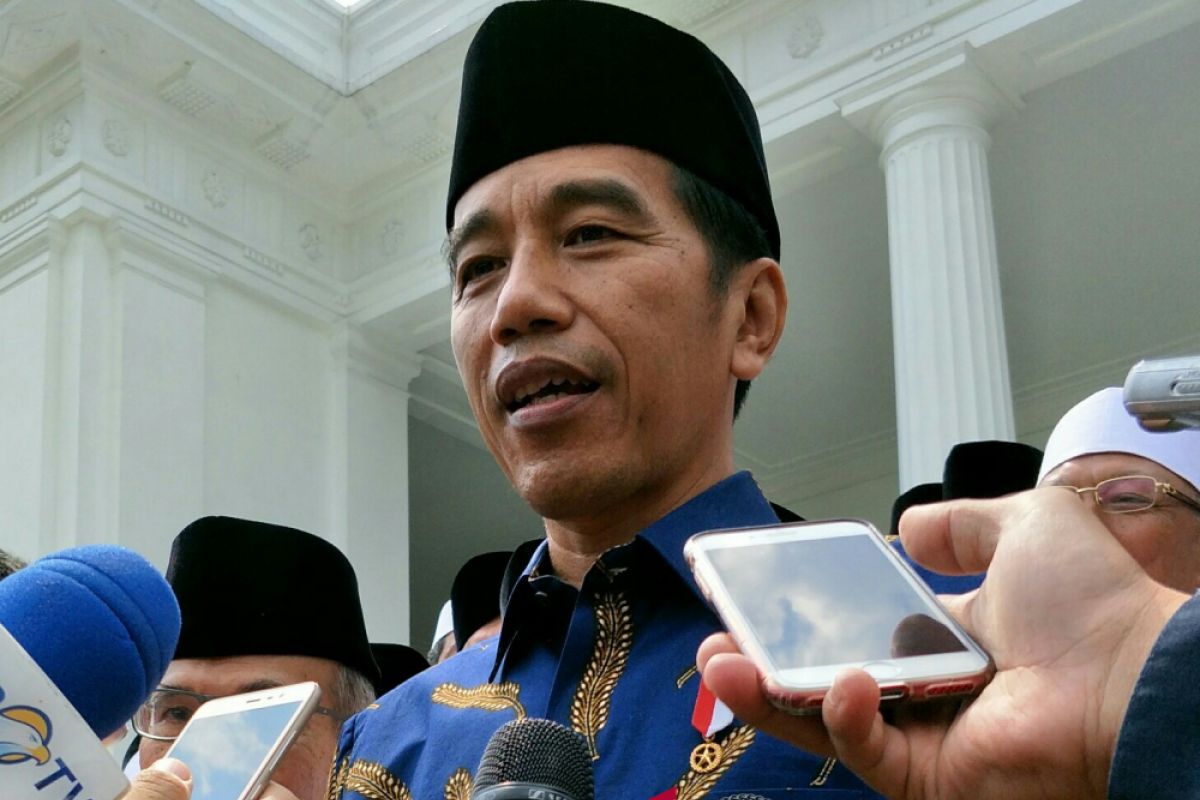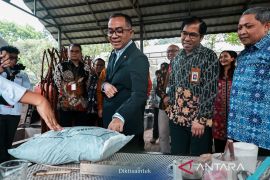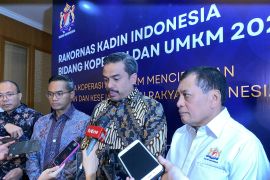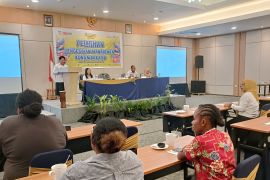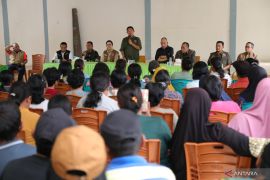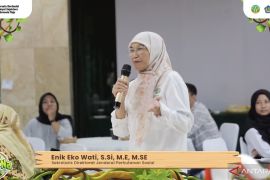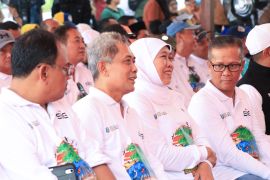Based on the Central Bureau of Statistics (BPS) record, the country was favored with a surplus of US$230 million in its international trade in September after a deficit in the previous months.
"This shows an improvement in in our economic performance as a result of our decision to control imports and boost exports," Jokowi said when opening a plenary session of his cabinet here on Tuesday.
BPS said the country recorded a surplus of US$230 million in its foreign trade in September as against a deficit of US$1.02 billion in August.
"I asks once again that we have to make breakthroughs to control imports and boost exports to ensure that there are more surpluses in the coming months," the president said.
The country exported US$14.83 billion worth of goods as against imports of US$14.60 billion. Exports included oil and gas and other commodities.
Exports of oil and gas dropped in volume and value in September but increase was recorded in the exports of other commodities despite a decline in the exports of machinery, electric equipment, jewelry and non knitted garments.
"I also ask ministers to work harder to increase exports of both oil and gas and other commodities," Jokowi said.
Cumulatively , Indonesia`s exports in the first nine months of the year totaled US$134.99 billion as against imports of US$138.78 billion or a deficit of US$3.79 billion.
The surplus in September was the third monthly surplus so far this year. Earlier surpluses were recorded in March and June valued at US$1.12 billion and US$1.17 billion respectively.
He reminded his minister of the implementation and performance in the use of biofuel 20 (B20) for transport fuel to reduce dependence of oil fuel.
B20 is a mixture of palm oil with a ratio of 20 percent with automotive diesel oil (AD), which the country has to import.
"I will ask for the report of the B20 program to ensure that it is properly implemented. I was informed that there is problem in supply of CPO (crude palm oil). I need report about that," he said.
The government has ruled that B20 is also used by non subsidy sector . Previously B20 only subsidy sector was required to use B20.
Large imports of oil fuels have been the main contributors to the deficit in the country foreign trade.
In addition to reducing consumption or imports of diesel oil, wider use of B20 would also help strengthen the market of CPO, which is the country`s largest export earner outside oil and gas.
Successful implementation of the B20 program is estimated to save the country US$5.9 billion a year in imports of ADO or one third of the country`s current account deficit.
The country has been concerned with the trade deficit, which contributed to the current account deficit and the widening current account deficit has resulted in alarming fall in the value of rupiah against the U.S. dollar.
On Monday, Finance Minister Sri Mulyani Indrawati said the government policy restricting imports resulted in a lower growth in September but remained relatively large in value.
"Though slower in growth year-on-year, imports still grew 14 percent. That is still high," Sri Mulyani said .
The minister said she was glad to note that trade balance improved according to the Central Bureau of Statistics (BPS) especially for trade in commodities other than oil and gas.
"The condition in September was positive although oil and gas trade remained negative," she said.
She said she hoped the requirement to use B20 would be effective in bringing down oil fuel imports and consumption.
Reporting by Desca Lidya Natalia
Editing by Albert Saragih, Yoseph Haryadi
Reporter: Antara
Editor: Suharto
Copyright © ANTARA 2018
